Minister of Home Affairs Pham Thi Thanh Tra emphasized the urgent need to increase human resources at the commune level; at the same time, speed up the arrangement of public service units and state-owned enterprises in accordance with the direction of the Politburo.
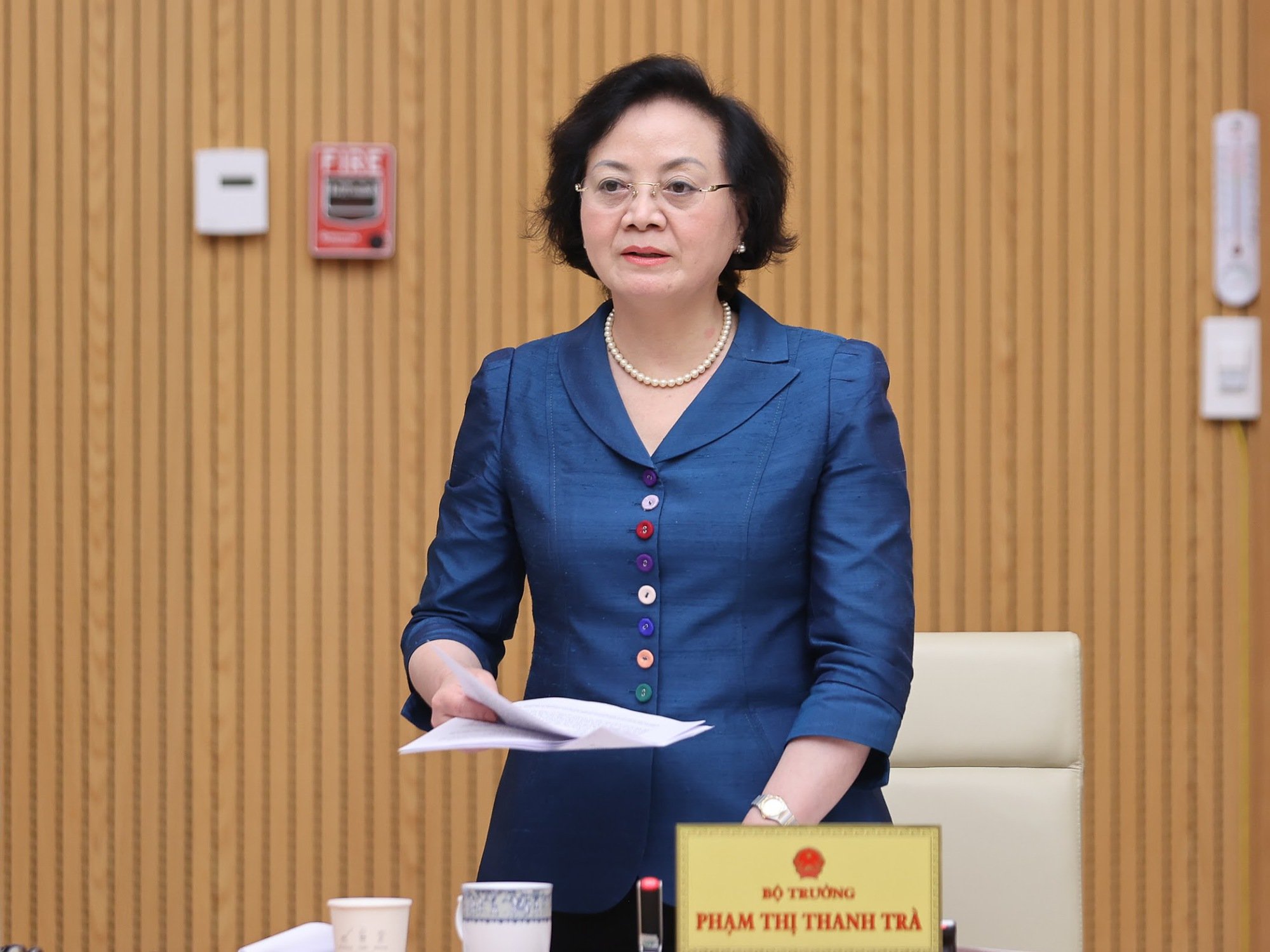
Two-level local government has gradually become established.
On the afternoon of October 1, the Government held a thematic meeting to evaluate the results of 3 months of implementing the 2-level local government model, continue to review and remove difficulties and obstacles to operate the model in a truly orderly and effective manner, best serving the people and businesses.
Reporting at the meeting, Minister of Home Affairs Pham Thi Thanh Tra said that, implementing the conclusions of the Politburo , Secretariat, Government, and Prime Minister with drastic and synchronous direction, ministries, branches, and localities have made efforts to deploy and basically completed the key workload.
42/69 tasks assigned in the 6 Conclusions of the Politburo, the Secretariat and the Resolution of the Government, the Prime Minister's Official Dispatch have been thoroughly grasped and implemented by Ministries and ministerial-level agencies (some tasks are regular activities and will continue to be implemented in the coming time).
There are 27/69 tasks assigned in 06 Conclusions of the Politburo and Secretariat that have been thoroughly grasped by Ministries and ministerial-level agencies and are in the process of being organized and implemented (some tasks have been reported to the Politburo and Secretariat and are continuing to be completed).
"It can be said that after 3 months of operation, the two-level local government has gradually become more organized, state management activities have been maintained stably, without any interruption in operations and service to the people," said Minister Pham Thi Thanh Tra.
The initial policies and regimes were implemented synchronously.
According to the report, administrative agencies at all levels have basically been reorganized, have adequate staff, and clearly define functions, tasks, and powers. Regimes and policies have been initially implemented synchronously, creating an important legal and practical basis for the operation of the new model.
Notably, the administrative apparatus has been drastically streamlined, reducing the number of specialized agencies and intermediary contacts, helping to save budget and shorten the work processing process. The responsibility of the head is promoted, clearly demonstrated through the regular inspection and supervision mechanism from the central to local levels.
At the same time, administrative procedure reform and digital transformation have made much progress, contributing to improving the efficiency of serving people and businesses. Many localities have begun to apply new technologies such as artificial intelligence (AI) and big data in management and administration. The reception and processing of documents are increasingly transparent and timely, creating trust among people.
In addition, attention is paid to the handling and arrangement of headquarters and public assets; many public works are utilized to serve people's daily activities.
Socially, the people basically agree with and support this major policy; the sense of responsibility and participation of the entire political system is clearly demonstrated; coordination between ministries, branches and localities is also more advanced than before.
The staff and civil servants at the commune level in many places have not yet met new requirements.
Despite many achievements, Minister Pham Thi Thanh Tra also frankly pointed out many difficulties and shortcomings in the implementation process.
Regarding institutions, some specialized guidance documents were issued in a timely manner, causing confusion for localities. Especially in the fields of education, financial and accounting mechanisms, land use fee exemptions for meritorious people, decentralization in land management, science and technology, agriculture, environment, etc. are not clear.
Regarding the staff and civil servants, at the commune level, many places have not met the new requirements; the surplus and shortage of staff still exists, especially in specialized fields such as: Information technology, finance, land, education, and health. Recruitment of specialized human resources is difficult due to lack of recruitment sources and contract limitations.
Although administrative procedures have been improved, the administrative procedure settlement system in many localities is still inadequate, often with technical errors, causing interruptions in processing records. The connection of national and local data is not synchronized, especially in land, household registration, and social insurance, causing difficulties for people and businesses.
In addition, many headquarters and equipment at the commune and ward levels do not meet requirements; the database system is still faulty and lacks synchronization, leading to delays and technical errors when implementing electronic administration.
Some areas such as land management, finance, and foreign affairs at the commune level do not have clear guidelines, causing confusion for localities. The coordination work to resolve interconnected records (land, household registration, insurance, etc.) is still manual and time-consuming.
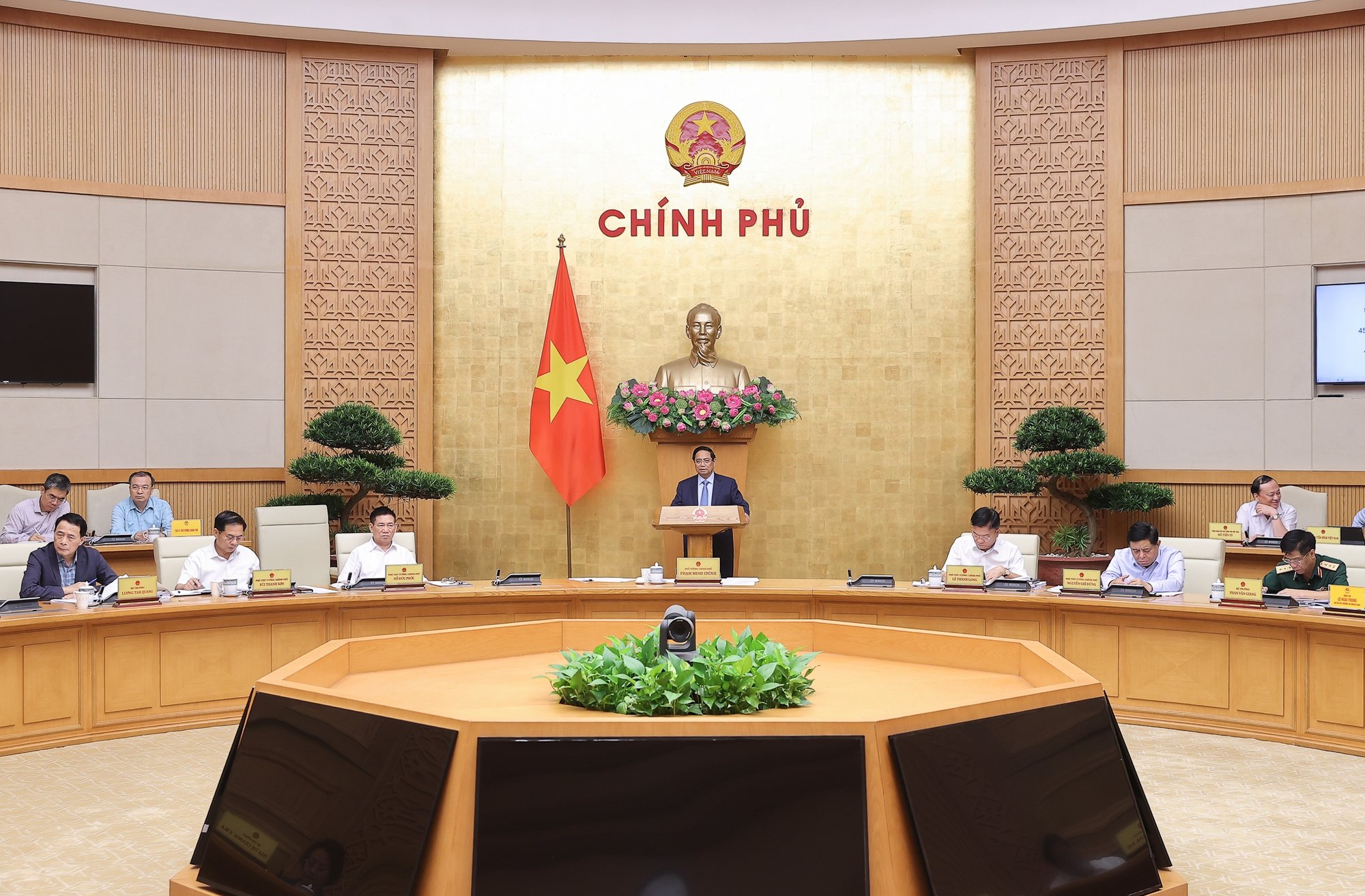
The Prime Minister chairs a Government meeting on two-level local government - Photo: VGP
Strengthening human resources at the commune level
To overcome the shortcomings and ensure that the two-level local government model is truly put into practice, Minister of Home Affairs Pham Thi Thanh Tra outlined eight key tasks and solutions from now until October 15.
Regarding institutional review and improvement, ministries and branches urgently review all specialized legal documents, supplement and amend them accordingly, especially in the fields of finance, land, science and technology, justice, construction, agriculture, environment, etc.
The Government Office urgently reviews administrative procedures and simplifies them, and reviews the operational efficiency of public administrative service centers at the provincial and communal levels to make adjustments, urge, guide, and direct.
Decentralization and delegation of power must be strictly implemented in accordance with Conclusion 192 of the Politburo, while promptly guiding and adjusting unfeasible contents to ensure correct objectives, feasibility and effectiveness in practice.
The Minister also emphasized the need to increase human resources at the commune level to meet assigned tasks, especially in specialized areas; review, evaluate, classify, and restructure the team to ensure quality and task requirements.
Complete payment of benefits and policies according to Decree 178 before October 15
Along with that is the task of completing the payment of regimes and policies according to Decree 178 and Decree 67, ensuring completion before October 15 as required by the Politburo.
"Up to this point, there are still 36,542 people who have not received their benefits and policies. Recently, the Ministry of Finance issued Document No. 15041 to guide localities to focus on implementing the payments. Thanks to that, within just one week, more than 3,000 cases have been resolved," Minister Pham Thi Thanh Tra informed.
Some ministries, departments, branches and localities have completed the payment of benefits; many places have achieved a rate of over 90%. However, there are still ministries, branches and localities that have not been really resolute, the payment rate is still low, below 60%.
In terms of digital transformation, the Minister requested to promote the application of information technology and digital transformation in management and operation, complete the entire specialized data system according to Plan No. 02 of the Central Steering Committee to implement Resolution 57 and connect data in the national and local systems, fix technical errors and ensure the requirements of providing online public services smoothly.
Another important task is to strengthen inspection, supervision, guidance, and removal of difficulties for localities during the implementation process; organize training, equip knowledge and skills for civil servants at provincial and communal levels to effectively perform decentralized tasks; and promptly overcome existing shortcomings and limitations.
Complete the proposal for the arrangement of public service units
At the same time, complete the proposal for the arrangement of public service units, arrangement of state-owned enterprises and within ministries, ministerial-level agencies, government agencies as well as state-owned enterprises.
"Regarding this content, we are currently synthesizing and coordinating with ministries, branches and localities to complete it, and are expected to report to the Government Party Committee on the 3rd or 5th of next month," the Minister of Home Affairs informed.
Minister Pham Thi Thanh Tra also proposed that Government leaders and Ministers directly survey 34 provinces and cities to thoroughly grasp the reality and promptly remove obstacles in the process of implementing the 2-level local government model.
Source: Government Electronic Newspaper
Source: https://snv.khanhhoa.gov.vn/vi/thong-tin-tong-hop/cap-bach-tang-cuong-nhan-luc-cho-cap-xa-day-nhanh-tien-do-sap-xep-don-vi-su-nghiep






![[Photo] Next to the "mountain of trash" after the flood, Tuy Hoa residents strive to rebuild their lives](/_next/image?url=https%3A%2F%2Fvphoto.vietnam.vn%2Fthumb%2F1200x675%2Fvietnam%2Fresource%2FIMAGE%2F2025%2F11%2F24%2F1763951389752_image-1-jpg.webp&w=3840&q=75)

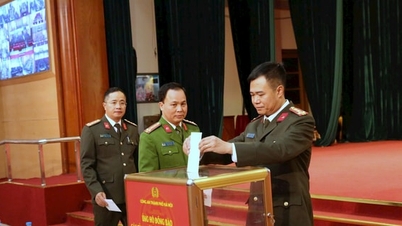

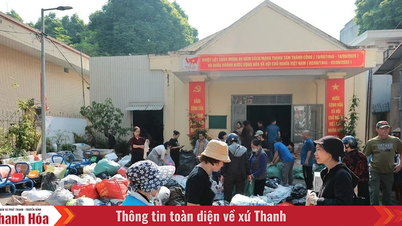


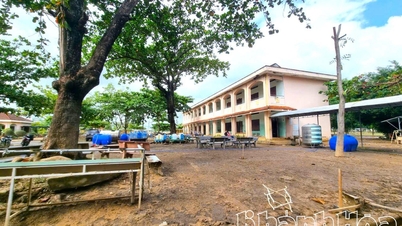


![[Infographics] Guide to choosing child safety seats in cars](https://vphoto.vietnam.vn/thumb/402x226/vietnam/resource/IMAGE/2025/11/24/1763974210852_infographics-hu-w1200t0-di2547d272d1153940t11600l1-cover8.webp)






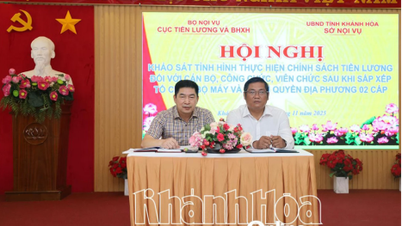


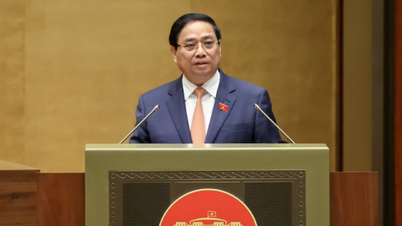






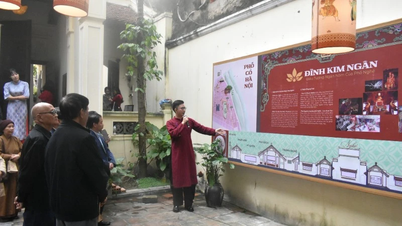










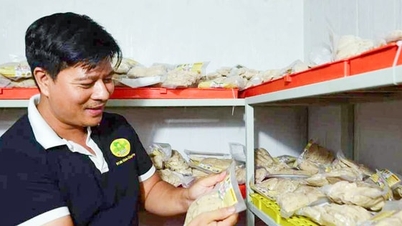








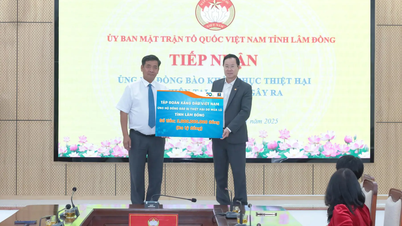

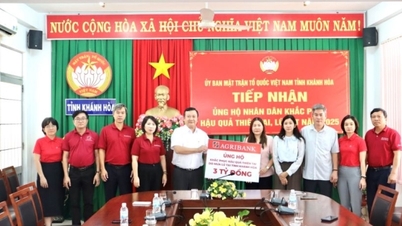

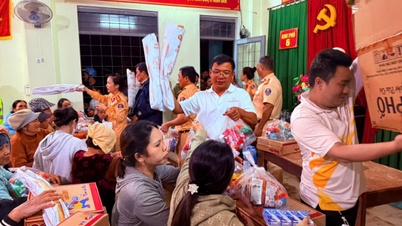








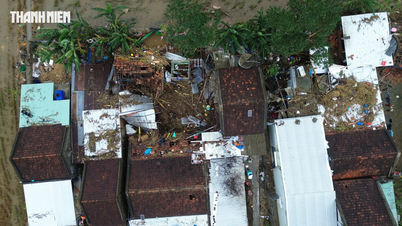



![[Photo] General Secretary To Lam attends the National Conference to review the Party's inspection, supervision and discipline enforcement work in 2025 and the 13th Congress term](https://vphoto.vietnam.vn/thumb/402x226/vietnam/resource/IMAGE/2025/11/24/1763967570884_anh-man-hinh-2025-11-24-luc-13-59-19.png)
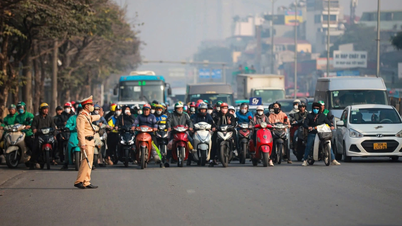
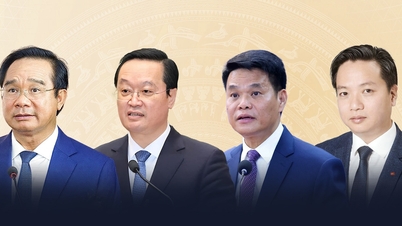



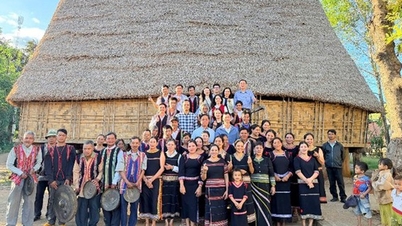

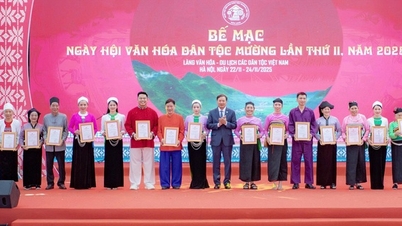
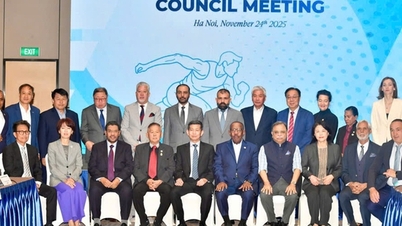


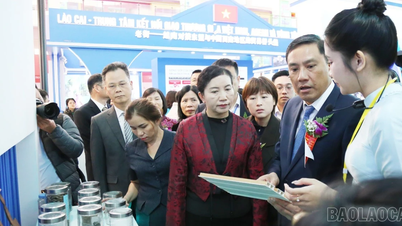


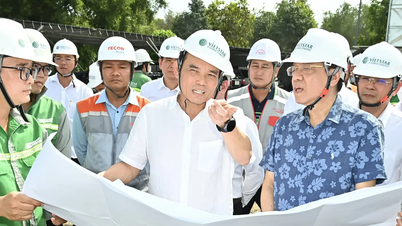















Comment (0)